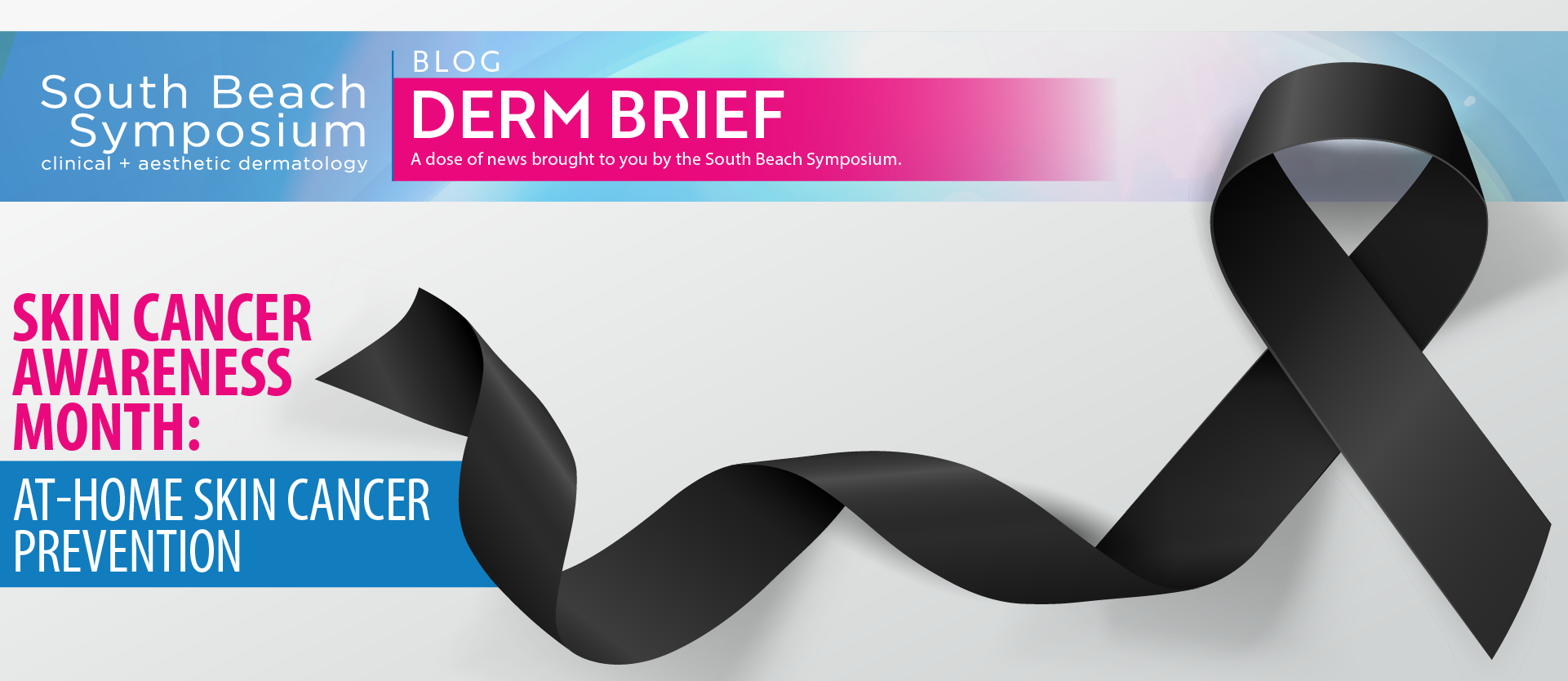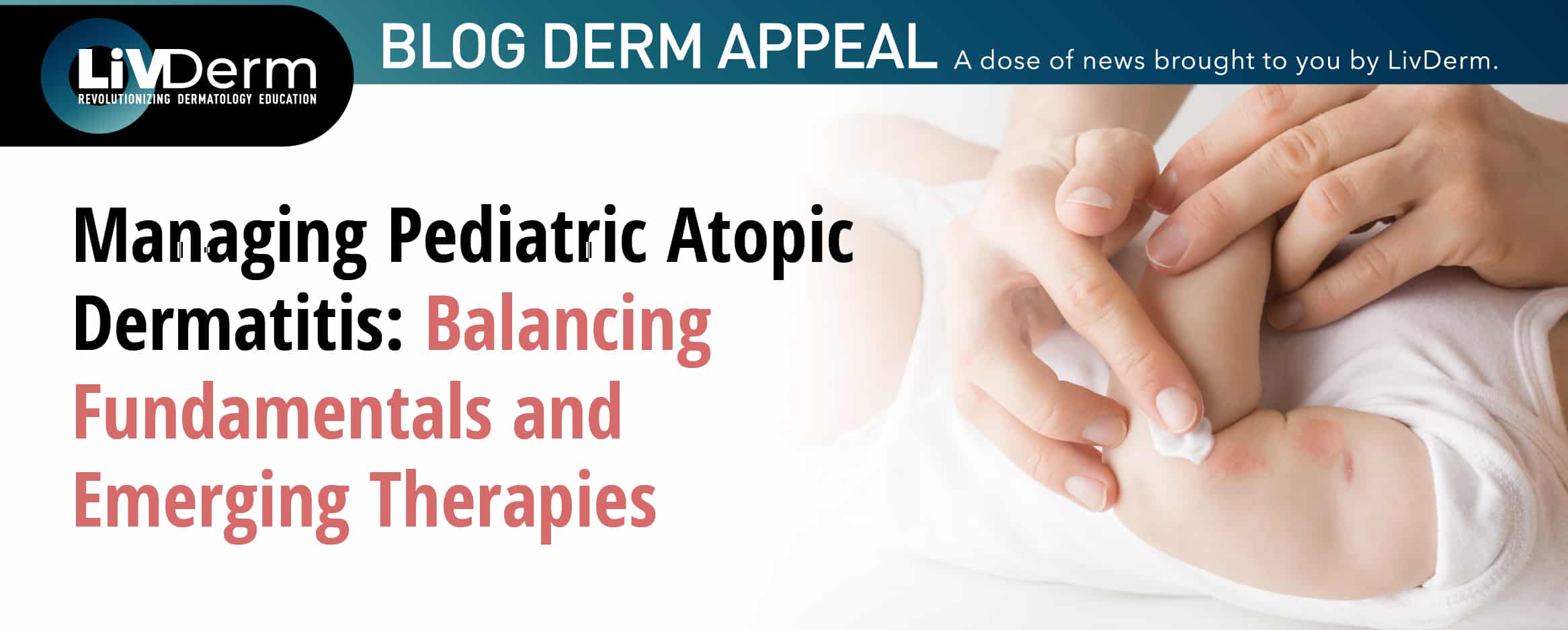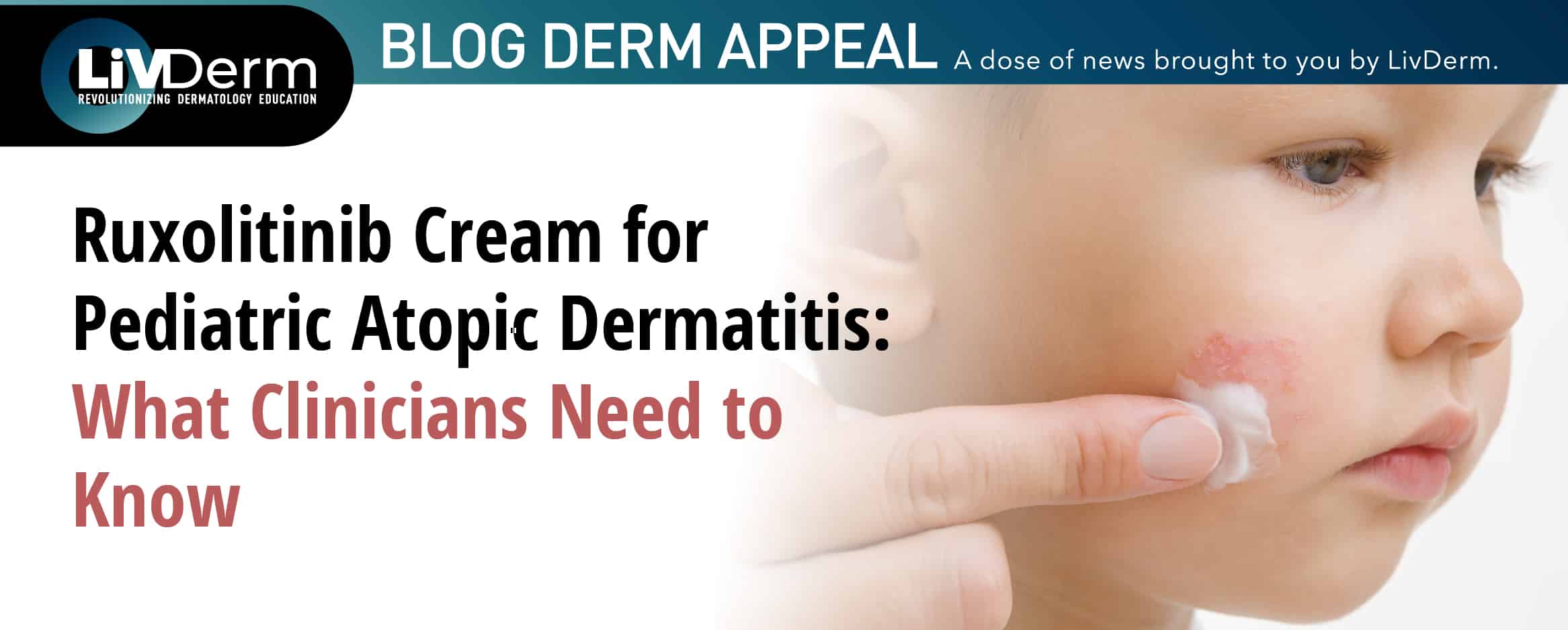The month of May is dedicated to Skin Cancer Awareness during which organizations like the American Academy of Dermatology aim to raise awareness of safe sun habits, skin protection, and other important prevention strategies.
Over 5 million cases of skin cancer are diagnosed each year in the United States alone and according to current estimates, 1 in 5 individuals will develop the disease by the age of 70. As one of the most preventable forms of cancer, melanoma is also the most common; about 90% of non-melanoma cancers and 85% of melanoma cases result from exposure to UV radiation.
As the COVID-19 outbreak has reduced the number of non-emergency medical visits, including routine skin checks in dermatologists’ offices, many patients are not able to undergo routine preventative examinations. Many patients rely on these visits to assess their skin cancer risk making it a critical moment to encourage individuals to conduct regular self-examinations and take responsibility for their skin health at this time.
Conducting a Skin Self-Exam
The progression of skin cancer is largely influenced by the speed of detection; melanoma has a five-year survival rate of 99% if detected early, making routine self-examinations a vital preventative strategy. Every one to two months, patients are encouraged to carefully conduct a skin exam beginning with the scalp, using a hand mirror to inspect the back of the body, and making sure all parts of the body are examined.
Patients should be looking for anything “new, changing, or unusual” during their self-examination. An easy way to remember what to look for during a skin self-exam is the ABCDE strategy outlined by the American Academy of Dermatology. This method includes evaluating markings on the skin for the following qualities: asymmetry, uneven or irregular borders, varying colors (black, brown, white, red, or blue), width larger than 6 millimeters in diameter, and any evolving features.
Patients should also be encouraged to evaluate sores that have been present for over three weeks and are not healing as well as spots the continue to bleed, itch, or scab – all of which can be potential malignant growths. If any suspicious skin chances are discovered, patients are urged to consult their board-certified dermatologist immediately.
Teledermatology Check-Ins
Although physicians are unable to conduct a full-body skin examination over the phone, they are able to guide patients through closely examine any suspicious lesions or formations. While in-office physicians often use the dermatoscope for their light and magnification features to diagnose skin lesions, there are similar tools for at-home use. With the help of a home dermatoscope, which can be attached to the phone to take highly-magnified, high-quality photos, patients can capture images and share them with physicians to be evaluated as part of their virtual visit. If used correctly, the image quality can be sufficient enough to make an accurate diagnosis remotely.
If suspicious skin growths are found during a self-exam or telemedicine visit, patients may need to schedule an in-person appointment to undergo closer examination or a biopsy of the lesion.
Currently, there is no clear sign as to when coronavirus-related restrictions will be lifted and routine healthcare visits will resume normally. Thus, the importance of continuing to monitor the skin over this period and maintaining a protective skin regimen need to be stressed. In the meantime, patients that have an elevated risk for skin cancer development who are usually evaluated regularly should remain under close supervision and monitored remotely.

















